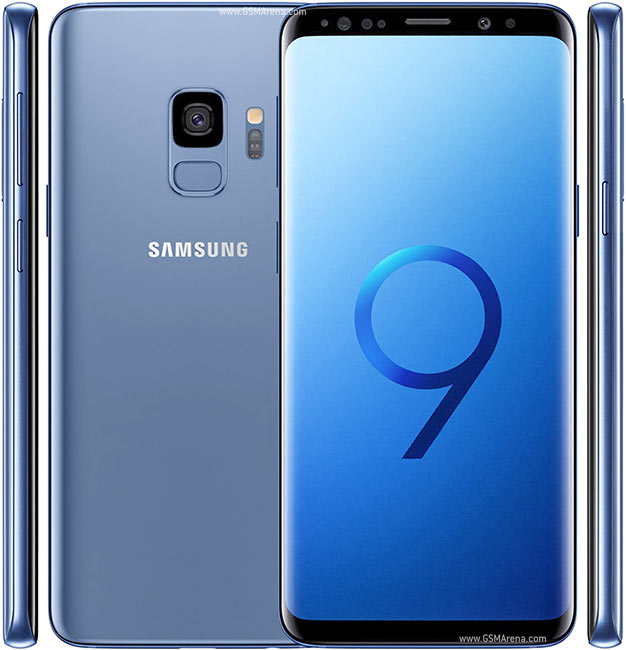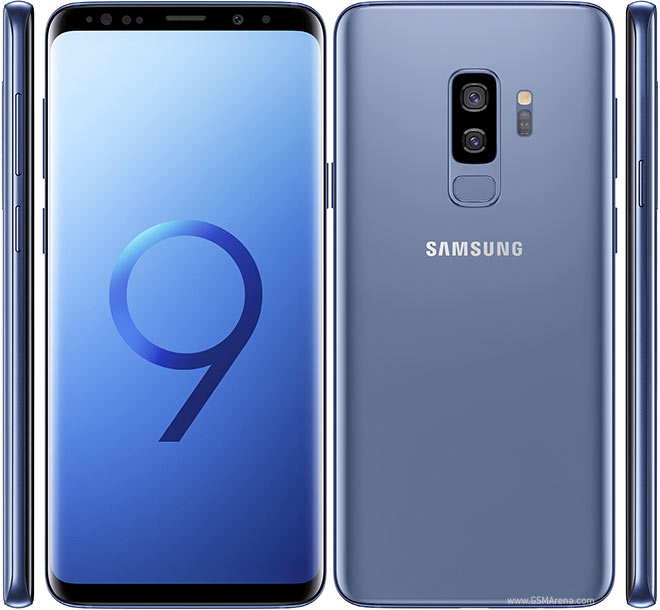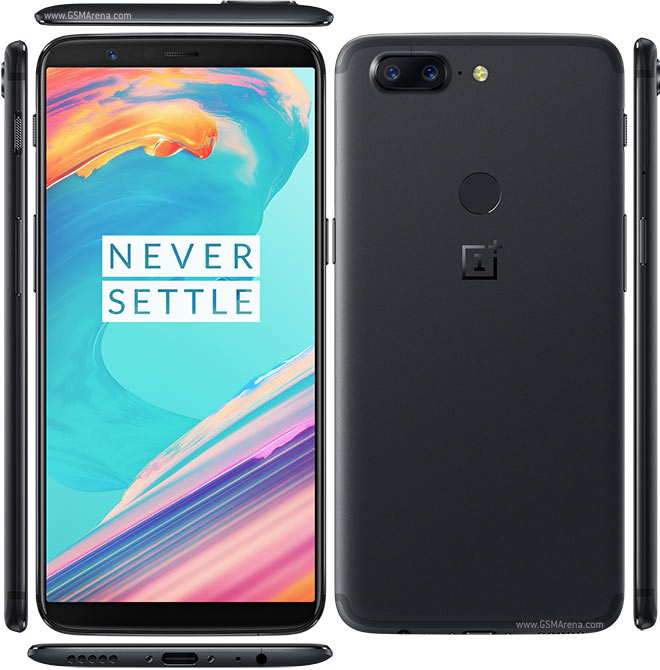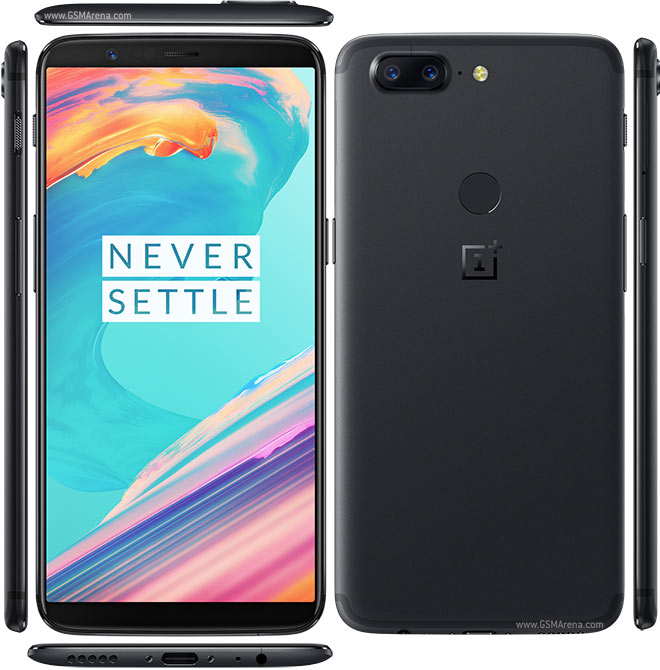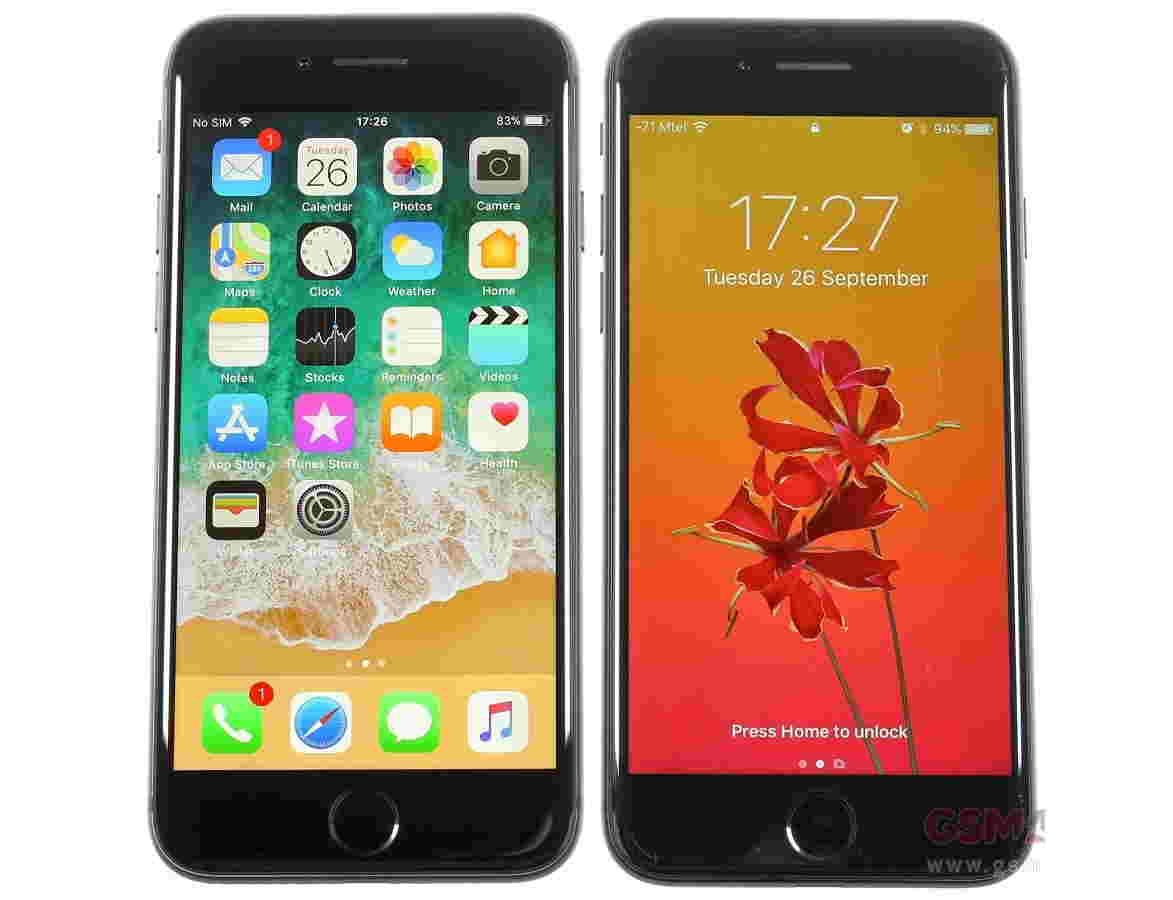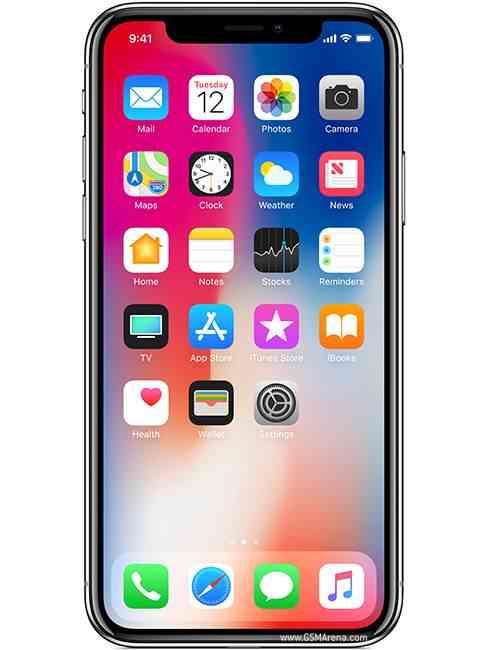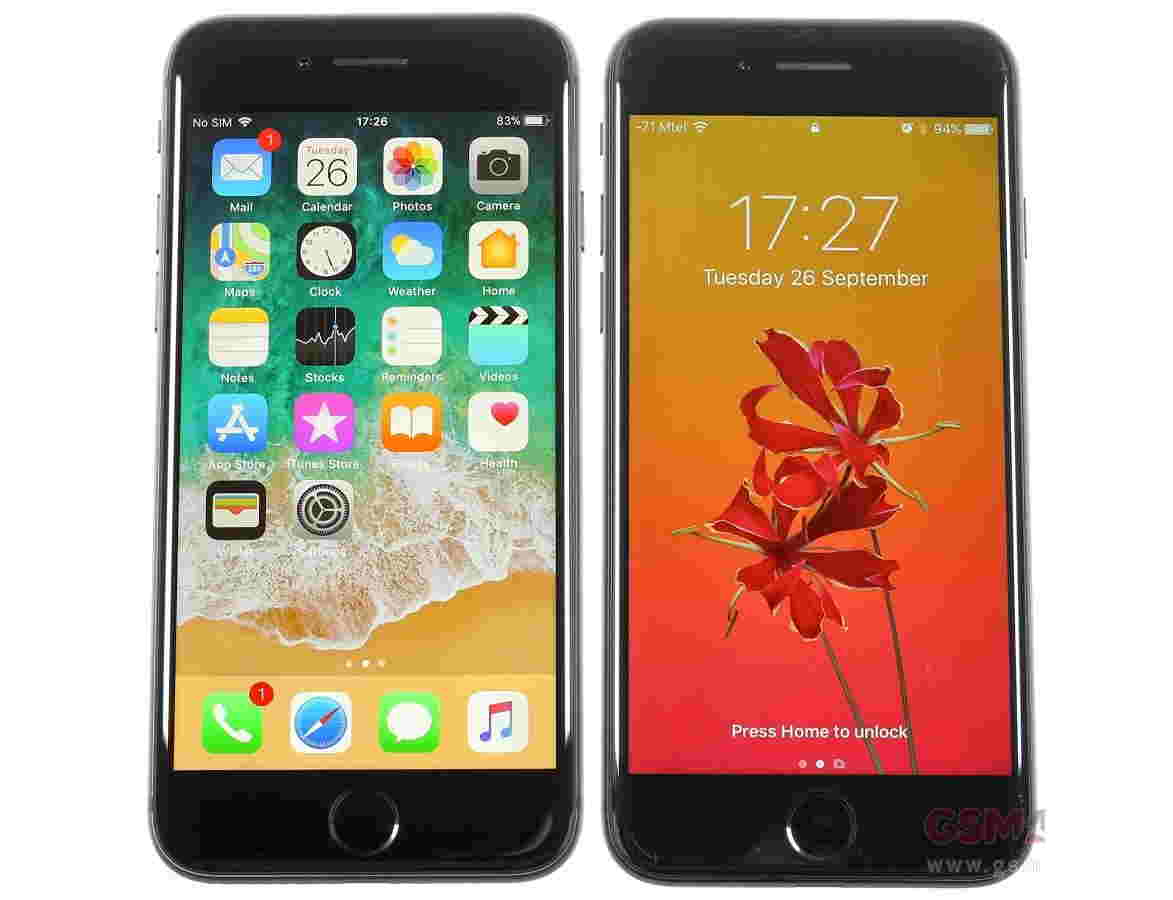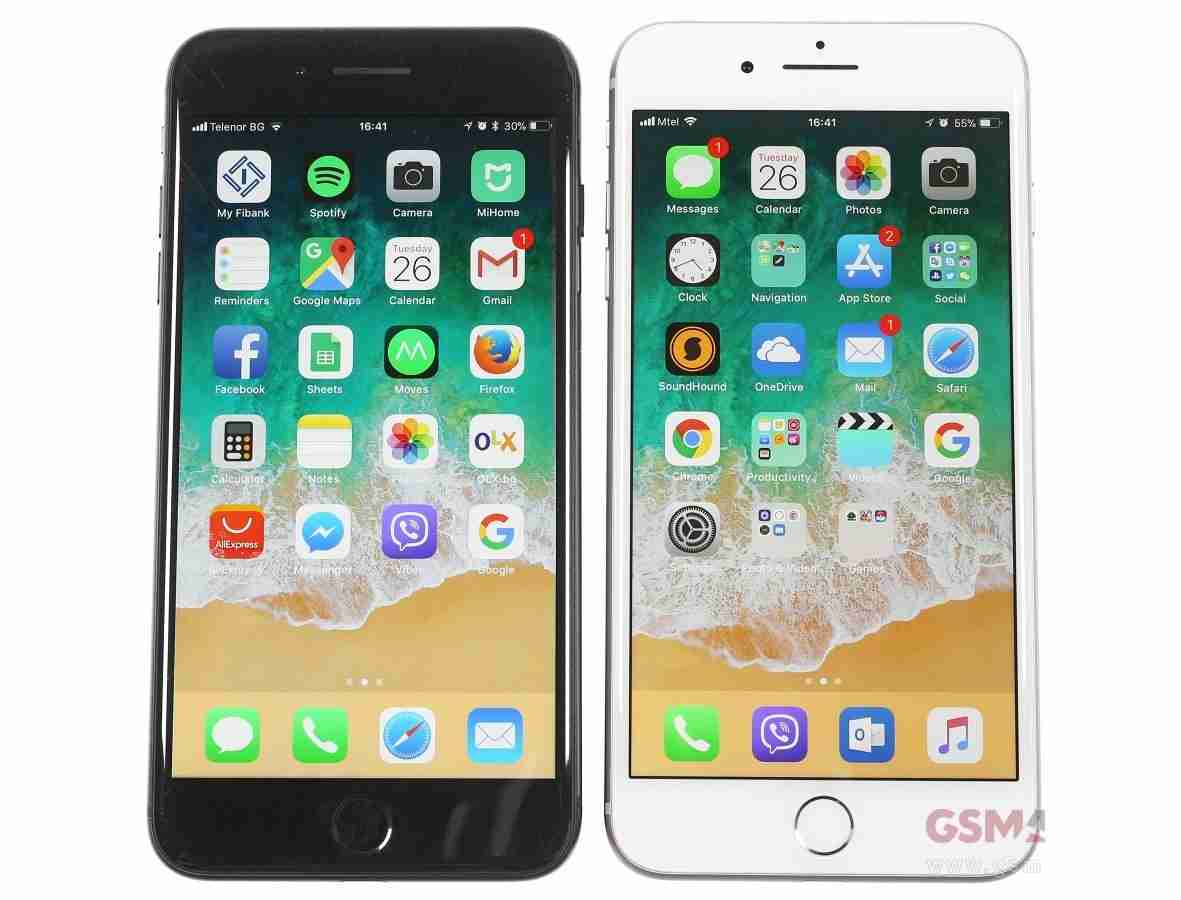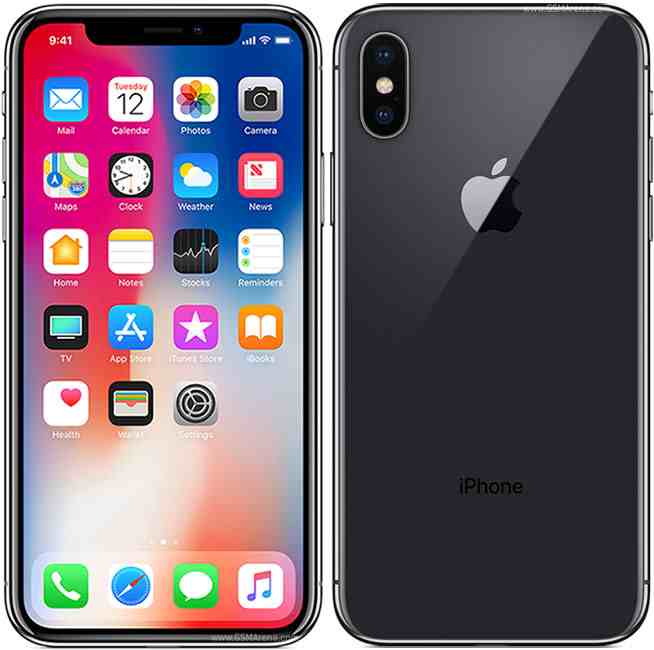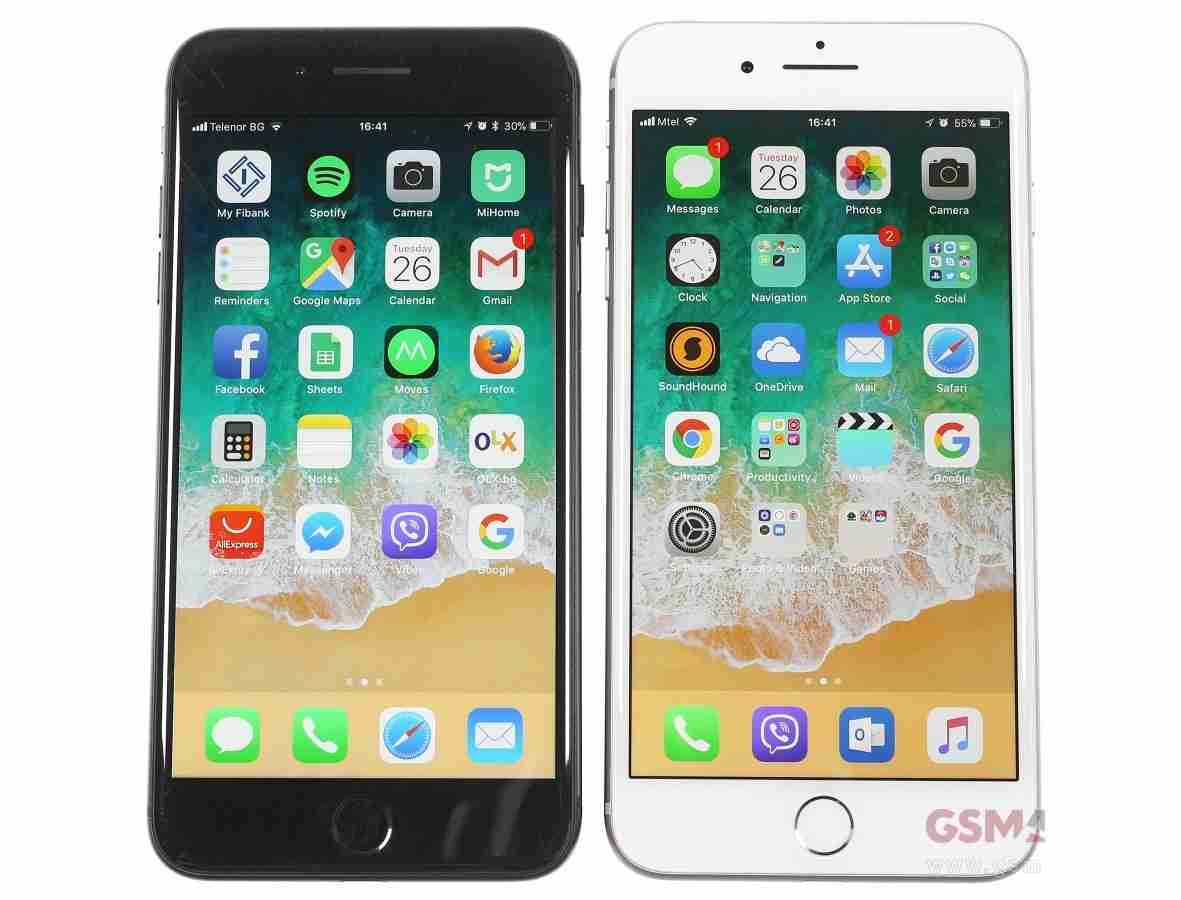The Google Pixel, notably the Pixel XL variant, were two of 2016’s most pleasant surprises. Both handsets came under a lot of scrutiny when they were launched, but both -- despite claims to contrary -- delivered the goods.
Yes, they are expensive. And, yes, they’re not the best looking phones on the planet. But for those seeking a pure Android experience, excellent imaging and great battery life, the Pixel lineup was a godsend.
There will be sequel models. That much is certain. And, as always, well in advance of these handsets surfacing, we’re starting to get the first mumblings about what they might be like.
And surprise, surprise -- one of the first rumoured features is a fix for something sorely missed on the current generation handsets: water and dust resistance.
A couple of snippets of info have come together over time which would indicate a very strong case for 2017's next-generation of Google Pixel handsets being waterproofed.
With the launch of the Pixel and Pixel XL in late 2016, WIRED reporter Kelsey McClellean said that he'd spoken to Google personnel just before the launch where it was claimed the two phones were intended to be waterproofed, but the development team couldn't make it happen within the deadline.
The reports at the time said that the Pixel series had been in development for some considerable period, but for whatever reason the whole project was sent back to the drawing board in late 2015, giving the team nine months to start over from scratch. Most of the originally planned features were retained, but of the small handful which were dropped due to time constraints, waterproofing was sadly one.
Now though, as of January 26, 9To5Google's Stephen Hall has issued a Tweet revealing that he too spoke to Google folks in October 2016 who confirmed "waterproofing definitely coming with next Pixel device."
With two separate and eligible sources claiming the same thing, this seems pretty likely to us. Waterproofing was pretty much the only thing missing from the Google Pixel from our perspective, but this is a feature now present on the two market leaders - both Samsung and Apple's flagships, so there's every reason for competitors to follow suit.
Of course, relatively speaking, the Google Pixel series is still pretty fresh out the gate, so we expect we probably have a good long while before a set of successor models will appear. Google has now set a precedent for a product cycle that could see new Pixel models launching quite late in the year, and again we're probably looking at October/November for the next set of Pixel phones. Whether they're called the Pixel 2, or simply Pixel with the year number 2017, remains to be seen.
Further details have been revealed by 9To5Google, allegedly there will be a better camera onboard the Pixel 2 and it will be priced higher than its predecessor, however, there will be a cheaper model launched alongside.
Google put a lot of emphasis on the camera capabilities in the first Pixel phone, but this time it'll reportedly be a step further forward. Google is apparently once again amping up the low-light performance, although it's claimed that the sensor won't be a high-megapixel snapper, isntead Google will "compensate in extra features". Although previous reports have said waterproofing will be onboard, this latest leak says it is "still on the table", implying it is not such a done deal, though it may still be under strong consideration.
The report goes on to add that multiple prototypes are in testing with different CPUs, amongst them a Qualcomm Snapdragon 830-series model, possibly an 835, while another uses Intel hardware and another a custom-made Google chip.
On the subject of price, the report says we can expect another $50 to be stacked on top of the original Pixel's RRP, but in order to offset this Google is considering an additional model, codenamed the Pixel 2B. The Pixel 2B will reportedly be "singificantly cheaper" but would likely have lower-end specs, however, some of the talk around it implies it would be targeted at emerging markets; that doesn't mean it definitely will be unavailable in developed markets like the US and EU, but it's a possibility.




